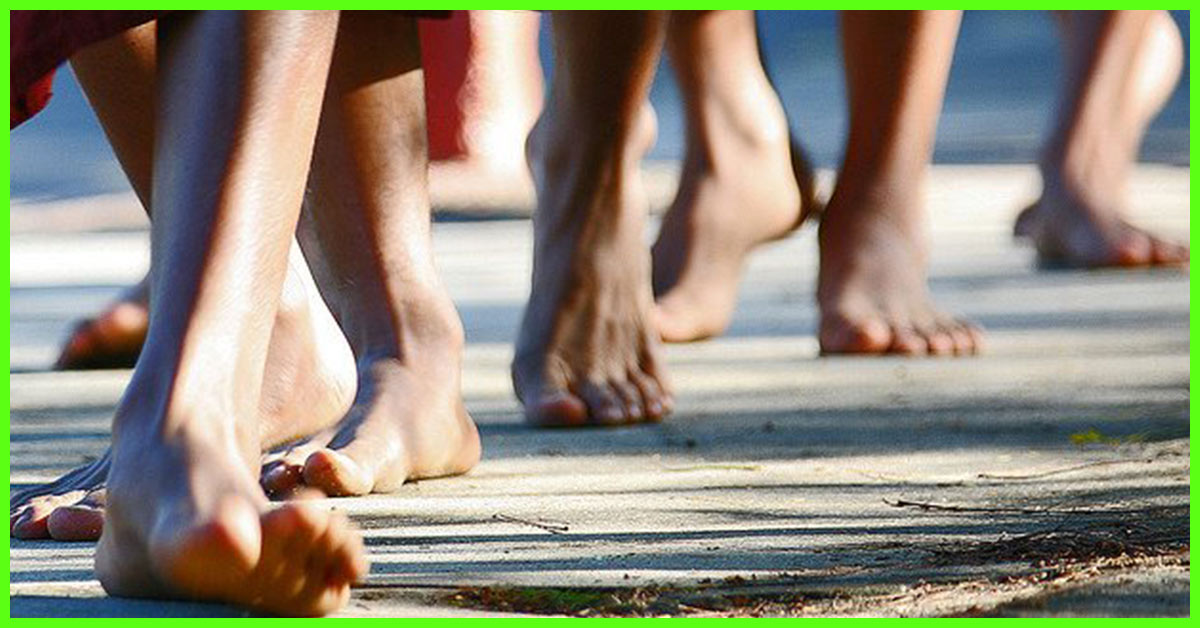Table of Content
Research suggests that it can be an effective decongestant, anti-inflammatory, and painkiller. Anju Goel, MD, is board-certified in internal medicine. She has over 10 years of experience in the California public health system addressing communicable disease, health policy, and disaster preparedness. You can also include black pepper powder as it can increase the absorption of turmeric. Dissolve one-fourth teaspoon salt in a glass of warm water and gargle. People stop the medications if they feel better; this increases the chance of reoccurrence of pneumonia with severity.

While more research is done on both peppermint and honey, the early results sound promising for those suffering from a cough. Tetracyclines include doxycycline (Acticlate®) and tetracycline (Emtet-500®). Have a weakened immune system or take immunosuppressant medications.
Types of walking pneumonia
Remember, although you may not be bedridden with walking pneumonia, it’s still a serious condition. Give yourself time to heal, remembering that the worst symptoms of walking pneumonia can take up to five days to begin letting up. The cough could last even longer, so be patient with your recovery. Since walking pneumonia is caused by bacteria and viruses, it can be treated with antibiotics.

Vitamin C is known for its antioxidant properties, and it also enhances the antibacterial properties of other substances , . These properties make it helpful in dealing with pneumonia and its symptoms. Viral pneumonia shows flu-like symptoms followed by a high fever. Make sure you’re completely well before you try to jump back into your regular routine. Stay away from school or work until your temperature is back to normal and you’ve quit coughing up mucus.
Stick to your treatment plan
Home remedies can help manage the symptoms of pneumonia, but it’s essential to use them as supplements to medical advice and treatment. Stick to the treatment plan and course of medicines prescribed by the doctor for a healthy recovery. And in case, you do not notice any improvement in your condition after 3–4 days of your treatment, then consult the doctor again. Not taking medication as prescribed can lead to return of pneumonia and worsen your condition.

Walking pneumonia from bacteria can be treated with antibiotics. A healthcare professional may use antiviral medications to treat cases caused by viruses. It is spread through contact with droplets from the nose or throat of an infected person . This is likely to happen if infected person was coughing or sneezing near you. The infection starts off with nonproductive cough, mild fever, body aches and headaches.
Old People with Tattoos – TSMP Medical Blog
To improve its taste, you can add a little lemon juice. Reduce the amount you drink as your symptoms improve. The most common symptoms of pneumonia include cough, fever, shaking, chills, and shortness of breath. The microbes that cause pneumonia usually affect an individual’s lungs and air sacs. This leads to inflammation of the lungs, accompanied by a severe cold and cough, and breathing difficulties in some cases. Pneumonia is a microbial infection that may become worse if not appropriately managed.
For example, it often develops due to another illness or infection, such as chronic obstructive pulmonary disease, the flu, or COVID-19. Getting your annual flu shot may help prevent pneumonia from the influenza virus. Unfortunately, there are no vaccinations that prevent walking pneumonia from M.
In the long run, bronchitis can turn into pneumonia. People who have undergone transplantation, chemotherapy, HIV or AIDS, and long-term usage of steroids have compromised immune systems. When breathing "properly," the hand over your stomach should be moving more than the hand over your chest. Don’t smoke, and don’t allow others to smoke around you. Regularly wash your hands with soap and clean water for at least 20 seconds.
Symptoms may be similar to those of the common cold. Had it and gave me some medication and cough medicine to help. Use deep and slow breathing techniques to expand and oxygenate your lungs which helps reduce mucous. Taking over-the-counter medication usually reduces fever and headache symptoms. Over-the-counter medication can ease symptoms like fever and headache.
Our articles are resourced from reputable online pages. The numbers in the parentheses are clickable links to peer-reviewed scientific papers. Curcumin, which is present in turmeric, may be helpful in reducing pain and inflammation. A cool, damp cloth, fan, and light bedding and clothing can help reduce discomfort caused by a fever.
In addition, the Anti-inflammatory properties help to heal respiratory infection and turmeric itself considered the best painkiller. Turmeric is an amazing herbal medicine for pneumonia which is an ancient remedy of Chinese. In South Asia, this golden spice has been used for centuries to treat breathing problems, pain, and fatigue.
The active cultures in yogurt help improve your gut bacteria and the immune system too. Our experts continually monitor the health and wellness space, and we update our articles when new information becomes available. Liquids help to thin mucous and keep your fever down.

You should use a handkerchief or tissue to cover your mouth and nose when you feel the need to cough, sneeze or blow your nose. Your infected sputum should also be properly discarded. You probably wonât have to stay in bed or in the hospital. You might even feel good enough go to work and keep up your routine, just as you might with a cold.
OTC medicines, which can be purchased without a prescription, have become more common in American homes. They treat an increasingly wide range of aches and pains, manage recurring conditions, and prevent disease. OTC drugs are used to relieve pain, treat coughs, suppress the symptoms and provide laxatives. Many of these OTC drugs can be safely and effectively used according to their directions.

Infections from this type of bacteria are common in all four seasons. It often spreads in crowded environments, like college dorms and long-term care facilities. Legionnaire’s disease is one of the most serious types of walking pneumonia, as it can lead to both respiratory failure and death. It’s caused by Legionella, a type of bacteria found in freshwater that can contaminate water systems in buildings.


No comments:
Post a Comment